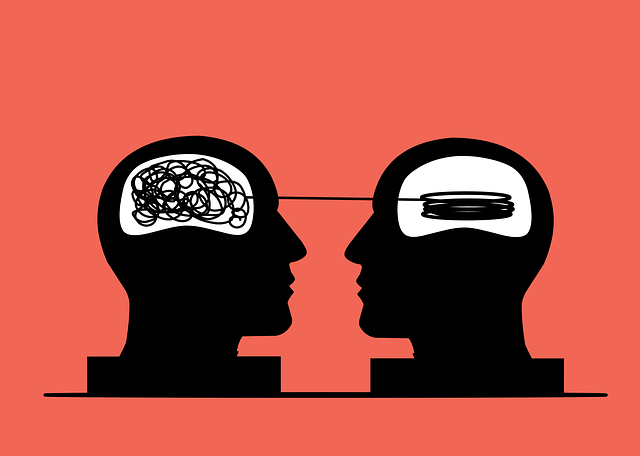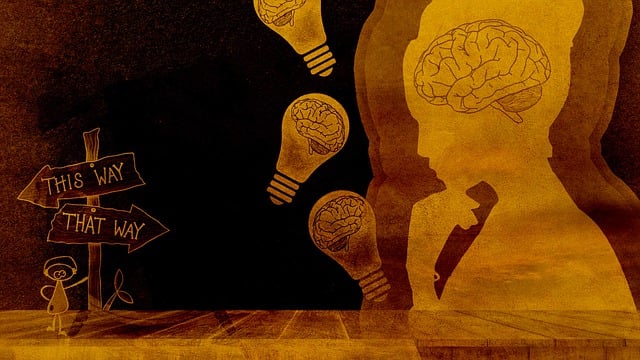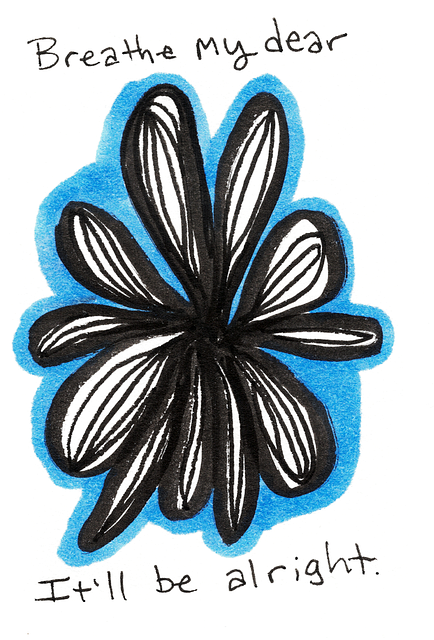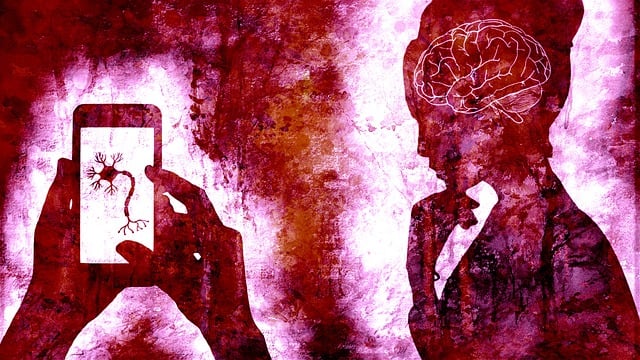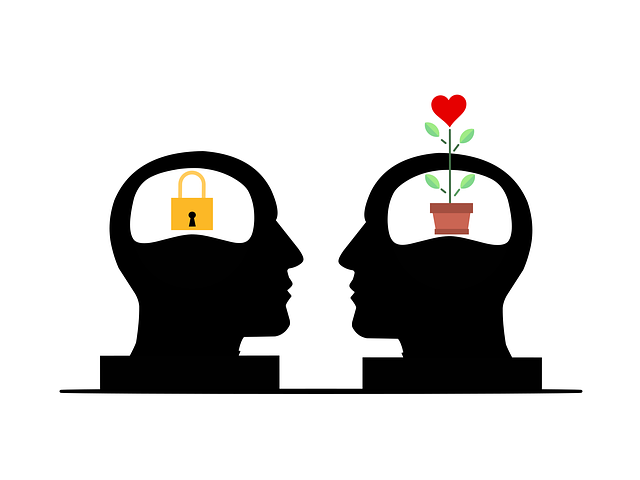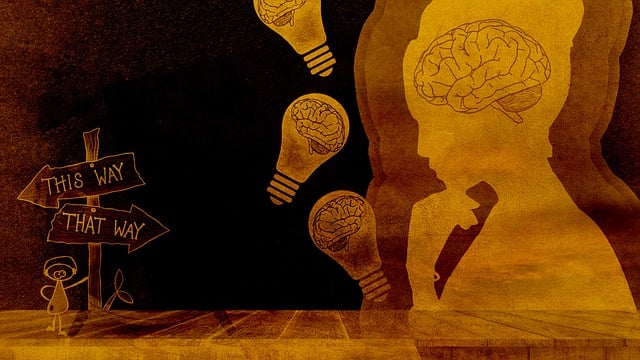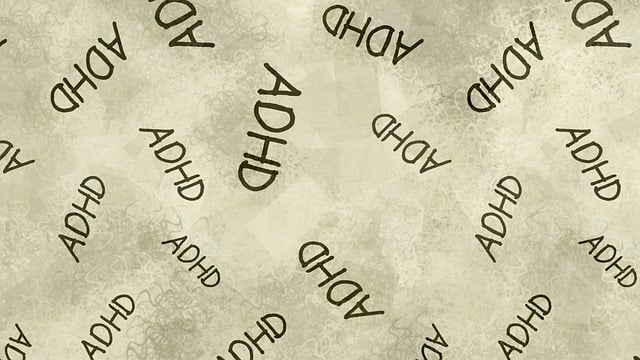Social Skills Training (SST) is an evidence-based therapy that equips children with cancer and other mental health conditions with crucial social skills like communication, emotional regulation, and relationship building. By addressing significant social detriments faced by these children, SST contributes to their recovery process, enhancing quality of life through better school environments, friendships, and emotion expression. Implementing tailored compassion cultivation and self-care practices, along with peer support and real-life practice opportunities, ensures holistic mental health development for both patients and caregivers in therapy for children cancer issues.
Social skills training is a powerful tool in improving mental health outcomes, especially for children facing challenges like cancer. This comprehensive guide explores how structured training can enhance social interactions and emotional well-being. We delve into specific strategies tailored for young patients and their families, addressing unique issues within therapy. By understanding the impact of social skills on mental resilience, healthcare professionals can provide effective support, fostering better connections and overall health. Discover practical methods to implement these techniques in cancer care settings.
- Understanding Social Skills Training: A Comprehensive Approach for Mental Health
- The Impact of Social Skills on Children with Cancer and Their Families
- Practical Strategies for Implementing Effective Social Skills Training in Therapy
Understanding Social Skills Training: A Comprehensive Approach for Mental Health

Social Skills Training (SST) is a comprehensive approach designed to help individuals with mental health conditions navigate and improve their interactions with others. This evidence-based therapy focuses on teaching essential social skills, such as communication, emotional regulation, and relationship building, which can be particularly challenging for those dealing with various mental health issues. By addressing these core competencies, SST empowers individuals to engage in meaningful social exchanges, enhancing their overall well-being.
For children facing conditions like cancer, SST plays a crucial role in their recovery process. It aids in rebuilding social connections lost due to treatment and supports them in developing healthy coping mechanisms when interacting with peers. Moreover, this training is valuable for mental health professionals, offering strategies for risk management planning when working with vulnerable populations. Through self-care routine development and healthcare provider cultural competency training, SST contributes to a holistic approach to mental health care, ensuring better outcomes for both patients and caregivers alike.
The Impact of Social Skills on Children with Cancer and Their Families

Children diagnosed with cancer often face numerous challenges, both physically and emotionally. One of the lesser-discussed but equally significant aspects is their social well-being. The impact of this disease extends far beyond the medical realm, affecting their interactions and relationships with peers and family members. Social skills training becomes a crucial component in their therapy for children with cancer issues, aiming to mitigate these effects and foster a sense of belonging.
Effective social skills development for kids with cancer can enhance their overall quality of life. It empowers them to navigate the complexities of school environments, maintain friendships, and express their feelings. For families dealing with this condition, providing support through community outreach programs and public awareness campaigns can make a world of difference. These initiatives not only boost confidence but also educate the public, reducing stigma and promoting understanding. Such efforts are vital in creating an inclusive environment, ensuring children with cancer feel accepted and valued within their communities.
Practical Strategies for Implementing Effective Social Skills Training in Therapy

Implementing effective social skills training in therapy for children with cancer issues requires a tailored and compassionate approach. One practical strategy is to integrate Compassion Cultivation Practices into the training, teaching young patients to recognize and respond to others’ emotions, fostering empathy and connection. This can involve role-playing scenarios where children practice expressing kindness, understanding, and support, enhancing their ability to form meaningful relationships despite their challenging circumstances.
Additionally, incorporating Self-Care Practices is essential for both the therapist and the child. Encouraging positive thinking through techniques like mindfulness meditation or journaling can help children regulate emotions and build resilience. These practices not only contribute to their overall mental health but also create a safe space where they can learn and apply social skills in a supportive environment. Regular feedback sessions, peer support groups, and real-life practice opportunities can further strengthen the therapeutic process, ensuring that acquired social skills are generalized into daily interactions.
Social skills training, as a comprehensive approach within mental health support, proves particularly beneficial for individuals, especially children facing cancer and their families. By implementing effective strategies tailored to therapy sessions, professionals can enhance social interactions and improve overall well-being. This structured method addresses the unique challenges associated with cancer diagnosis and treatment, fostering better coping mechanisms and strengthening support networks. In light of these findings, integrating social skills training into therapy for children with cancer issues is a game-changer, revolutionizing care and enhancing their journey towards healing and recovery.
